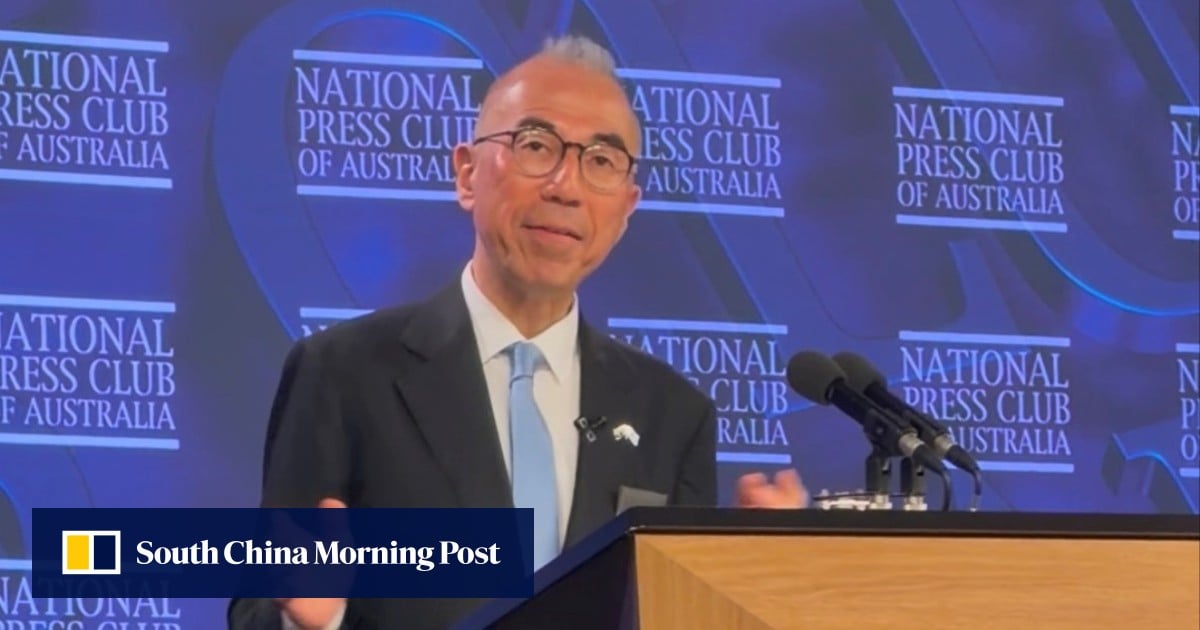Brexit is never over and it’s about to get a bit worse. As the moribund Tories assemble this Sunday, it’s still their only tune, as if they haven’t noticed how the public mood has changed. Brexit is the root cause of all their woes, with almost all the 61% of those people who call it a failure blaming the Conservatives the most.
But instead of recanting, rethinking, questioning their recent history, they double down, with Kemi Badenoch now following Robert Jenrick deeper into the Farage darkness with a pledge to leave the European convention on human rights (ECHR). That double dose of Brexit will sink not save them.
If people needed reminders of what Brexit has done to us all, 12 October will come as a jolt. That’s when the EU finally begins its long-delayed stricter border checks, with a new entry-exit system (EES). At the border, the system will take not just passports, but fingerprints and photographs, storing data to enforce the rule that no Britons can stay in the Schengen area for more than 90 out of any 180 days. (Take note, opponents of digital IDs: it’s already there for anyone holidaying on the continent.) A €20, three-year visa is due to come in next year. Thank you, David Cameron, Boris Johnson and Nigel Farage.
Expect delays and gridlock, especially in Dover and Folkstone. But it will be worst for those crisscrossing the border often. Road hauliers are among occupations urging the government on in its EU negotiations to make exceptions for professions that need to travel frequently. Checks will come on top of the monumental paperwork Brexit has made hauliers take with every pallet.
Coaches taking people on EU holidays (bar Ireland and Cyprus) or children on school trips will be badly disrupted. Jason Edwards, a coach operator in Pontypridd, is distraught: “We have primary school kids, often travelling in the early hours, who sleep through. Now they’ll have to all get out at 2 or 3am, and queue to be checked with their ID.” He says Dover last summer was already a logjam.
He has 20 coaches staffed by 70 drivers, two of whom travel to the continent every week on 14-day tours, before resting and setting off again. They are restricted by their 90-day limit. “We need the EU to give us a special worker’s permit,” he said. The effect of Brexit, “has stopped a lot of our growth potential”.
Along with the movement of goods and people, services – Britain’s biggest export category – are severely restricted by the time limit. Take Rolls-Royce: it doesn’t just sell engines, but services planes, too, sending engineers back and forth across the English Channel all the time, says John Springford of the Centre for European Reform. He lists consultants and accountants going back and forth to clients in the Schengen area, as well as UK events companies transporting performers and orchestras to venues around Europe. He says they are losing out massively to EU operators. Nothing can bring back lost trade except rejoining the customs union and the single market, he adds.
Here’s the Office for Budget Responsibility assessment: “Our forecasts have assumed that the volume of UK imports and exports will both be 15% lower than if we had remained in the EU.” That 15% loss in trade leads to “a 4% reduction in the potential productivity of the UK economy”.
It takes time to negotiate when 27 countries have to agree – and frankly, why would they push British deals and British concerns up their crowded agenda? Especially when they can see Nigel Farage and the Tories advocating an ever-widening Channel. They can see how leaving the ECHR would be a repeat of the trauma caused by Brexit. Catherine Barnard, professor of European law at the University of Cambridge, warns of the consequences: leaving the convention would end any prospect of better deals for animal and plant trade. The price of food and other goods would rise, she believes, as trade falls. There’s more: she thinks the Good Friday agreement would fall apart overnight; the ECHR runs through it “as in a stick of rock”. And the fallout in retaliation would include losing data exchange on crime, and the ability to extradite criminals.
You might expect business to speak out against the prospect of leaving the ECHR. But so far, barely a murmur. The CBI supported a Brexit reset last May, and has said the Tories’ proposed abolition of the Climate Change Act would be “a backwards step”, but has not said anything about leaving the ECHR. The Institute of Directors likewise – as in its catastrophic silence in the EU referendum. It would seem that some of the latter’s members are divided ideologically, and some fear a boycott by rightwing customers. Its members will pay a price if Reform UK ever comes to power.
after newsletter promotion
Labour has found its voice against Faragism and racism. Now they need to challenge the right on leaving the ECHR, which would be a terrible reprise to the crippling damage of Brexit. Ask the hauliers.


